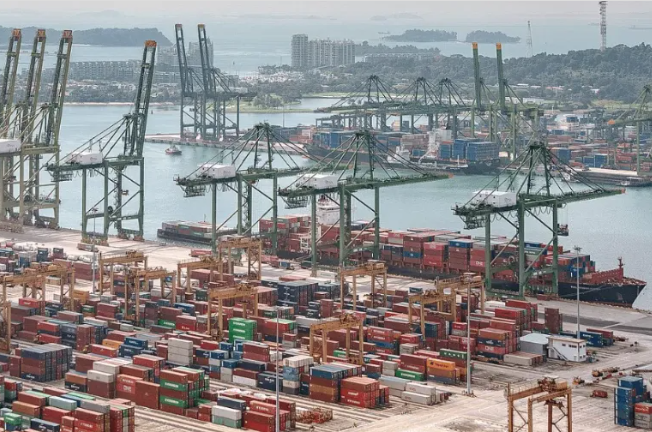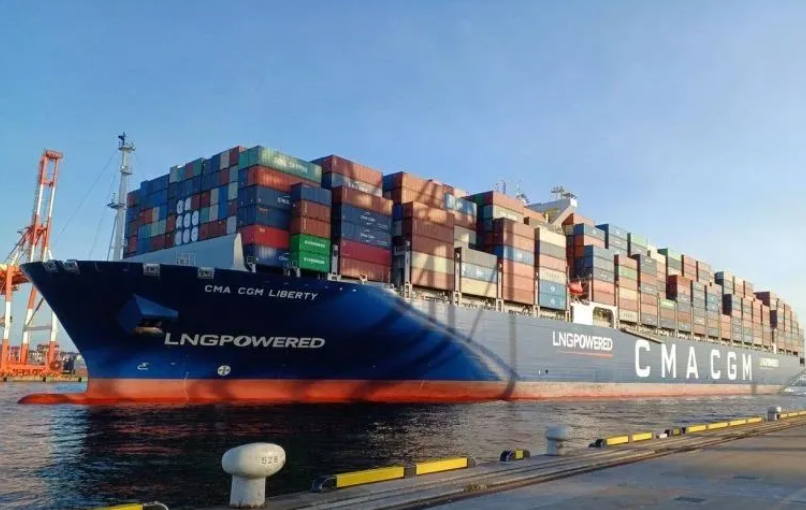Recent incidents involving lithium-ion battery fires have raised serious safety concerns about their installation on commercial vessels.
The U.S. Coast Guard emphasized that all integrated lithium-ion battery systems used for vessel propulsion or power supply must undergo proper engineering plan reviews. These systems are required to include safety features, be tested during installation, regularly inspected, and maintained by trained crew members—regardless of battery size or purpose.
Lithium-ion batteries are widely used aboard ships due to their high energy density, enabling longer ranges and full electrification. However, with greater energy density comes greater risk. In the event of a fire, the blaze can burn hotter and last longer.
A primary hazard is thermal runaway, which occurs when internal faults or short circuits cause batteries to release extremely hot and flammable gases. These gases can lead to fires or explosions. The heat generated may release more gases, creating a difficult-to-control chain reaction that intensifies the fire.
Once thermal runaway spreads to other battery modules, extinguishing the fire becomes very difficult. At that point, efforts must focus on early detection, fire containment, and heat absorption using water-based systems.
Another major concern is the release of toxic gases during thermal runaway, which can exceed Immediately Dangerous to Life or Health (IDLH) levels, posing serious risks to both passengers and crew.
In Policy Letter 02-19 (PL 02-19), the Coast Guard outlines detailed design requirements for integrated lithium-ion battery systems, referencing the ASTM F3353-19 standard for safe onboard battery use.
These requirements include:
- Vessel-specific risk and safety assessment
- Battery management systems
- Failure analysis for critical ship systems
- Design Verification Test Programs (DVTPs)
- Periodic Safety Test Programs (PSTPs)
- Plans for managing hazardous exhaust gases
- Structural fire protection
- Fire, smoke, and gas detection systems
- Water-based fixed fire extinguishing systems
- Exhaust ventilation systems
Due to the high safety risks and technical complexity, the Coast Guard does not allow expedited plan review of lithium-ion battery installations under NVIC 10-92.
This safety alert applies only to lithium-ion battery systems integrated into the ship's electrical system. It does not include plug-in devices or lithium-ion batteries shipped as cargo.

Last
Singapore Tops Global Maritime Ranking for 12th Consecutive Year
The newly released "Xinhua-Baltic International Shipping Centre Development Index Report (2025)" has once again ranked Singapore a

Next
CMA CGM Korea Employees Strike Over Pay and Bonus Disputes
Recently, employees at the South Korea office of CMA CGM, the world’s third-largest shipping company, initiated a strike demanding
